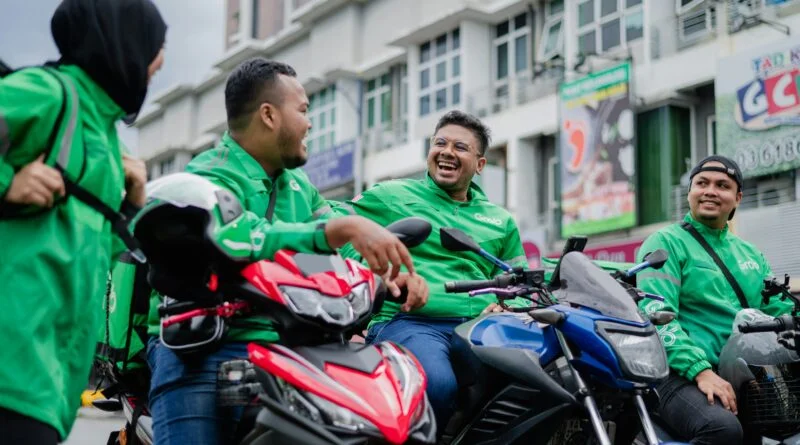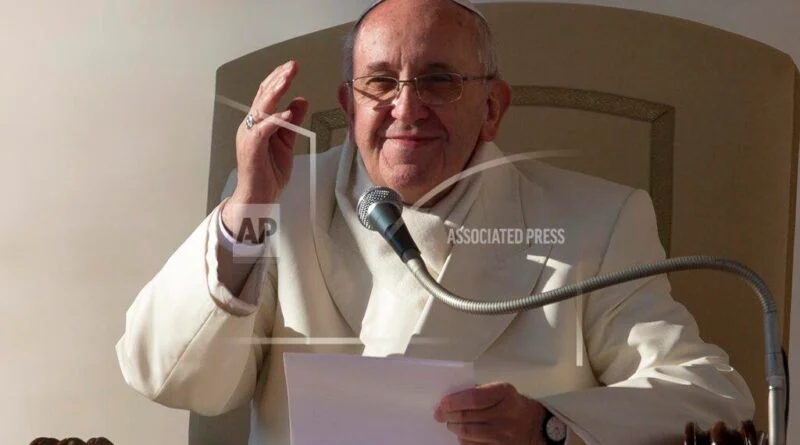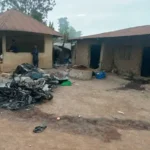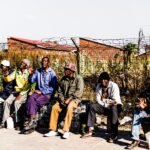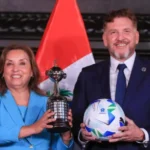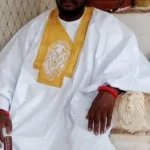- Unbreaking The News
- Work
- Life
- Lifestyle
- HumanityDiscover the latest trends, style tips, and fashion news from around the world. From runway highlights to everyday looks, explore everything you need to stay stylish and on-trend.
- Mental HealthStay informed about health and wellness with expert advice, fitness tips, and the latest medical breakthroughs. Your guide to a healthier and happier life.
- Science & Tech
- Literature
- About Us
- Unbreaking The News
- Work
- Life
- Lifestyle
- HumanityDiscover the latest trends, style tips, and fashion news from around the world. From runway highlights to everyday looks, explore everything you need to stay stylish and on-trend.
- Mental HealthStay informed about health and wellness with expert advice, fitness tips, and the latest medical breakthroughs. Your guide to a healthier and happier life.
- Science & Tech
- Literature
- About Us
Now Reading: EcoCupid Had to Start Somewhere!
-
01
EcoCupid Had to Start Somewhere!
- Unbreaking The News
- Work
- Life
- Lifestyle
- HumanityDiscover the latest trends, style tips, and fashion news from around the world. From runway highlights to everyday looks, explore everything you need to stay stylish and on-trend.
- Mental HealthStay informed about health and wellness with expert advice, fitness tips, and the latest medical breakthroughs. Your guide to a healthier and happier life.
- Science & Tech
- Literature
- About Us
Scroll
Scroll
Scroll
And I still haven’t found my calling.
Pictures of cats, babies holding cutesy conversations, and the latest gaming news all litter my Instagram feed, giving me the serotonin and dopamine boosts I need to overcome my daily existential dread in the morning. The procrastination cycle just doesn’t stop. I have told myself that I have an inkling of making a difference in this world and that should be my legacy. But this calling has not been fulfilled as of late as I am just stuck doomscrolling on the ‘gram.
Maybe I should just be a writer or an influencer, LMAO. You know, make the content instead of consuming it. I will at least have some value by becoming a creator — a little something social media gurus tell us constantly. Cringe. Who wants to take advice from a spambot account?
In all fairness, making content could fulfill me and be my new thing.
If I had to make content, I hope I can hold a candle to EcoCupid, a Southeast Asian environmental media community. They promote locally led environmental initiatives that have a story to tell, are sustainable, and need media support. Now these folks are the kind of advocates I would aspire to be, and encourage others to follow.
The founding team consisted of a Malaysian, a Singaporean, a Thai, and a Vietnamese who all met while on an academic fellowship to the United States. This academic fellowship is annually organized by the Young Southeast Asian Leaders Initiative (YSEALI) founded by former US President Barack Obama in 2016. This fellowship program is the US State Department’s commitment to helping Southeast Asian Youth form community initiatives and solutions.
EcoCupid calls itself an environmental media project that is Southeast Asia’s ecology-focused platform that curates inspirational eco-projects and educational content through multilingual media.
Team chemistry
Usually, participants also compete for grants at the end of the program by proposing a project for sustainable development. EcoCupid was born out of this process and won such a grant in 2023 after the team visited the state of Montana for their fellowship trip. Bryan Yong, one of the co-founders and their resident Chief Editor/ Grant Writer commented that a good team dynamic was the key to their first success in their maiden year. He says that while everyone in Montana (the southeast asian academic fellows and their cohort) did pitch decks, the EcoCupid team’s founders were far ahead with their plans. “We went a little bit extra. We did a full-on documentary video while we were still in the US. Our team filmed and wrote narrations, wrote the script, and planned the production process. It was all fun and pushed us over the tipping point of trust and chemistry. We knew how each of us worked.”
In the nature of grant competitions, hackathons, and the like, it is easy for random people to just tag along with makeshift solutions. However, this is not how the game is meant to be played. It would be more desirable to be part of a dedicated and collaborative team like EcoCupid whose member skills complement one another. Having good camaraderie also helps.
From the US to Chiang Mai, then Singapore
Using their success in getting a grant provided by the US State Department, the EcoCupid fellows went to Chiang Mai, Thailand, where they made a documentary about air pollution. This was their first serious media project to launch the confidence of the team, all young adults. Using this momentum, the founding team went on to apply for more grants and is now expanding to Singapore, where Pranav, their Business Development Lead, is a citizen.
The Singaporean team is hoping for a grant of up to 70,000 Singaporean Dollars (about US$53,000) to launch their initiative and aims to recruit more members of their operations team.
Impact: a year on
Beyond the impact of just promoting groups of environmentalists in Southeast Asia and connecting people in their network, EcoCupid is actively figuring out their impact. One good story Bryan Yong shared was about a woman from Thailand who became an organic farmer in the northeastern countryside. Her name is Nun.
Initially, the villagers she worked with had a hard time understanding her reason for moving there. She came from the city after graduation and would not make bank by being a farmer. However, Nun persisted and committed to her mission of wanting to change how her province does agriculture. Farmers around her used excessive chemical fertilizers and this led to soil degradation. With Nun’s economics background and media skills, she sought to educate people while earning a decent living, and thus disproving the disbelief and presumptions of those around her. She now sells good organic produce to high-end and Michelin-star restaurants.
What good media can do
Shortly after filming a documentary about Nun, EcoCupid followed up with her and asked if the documentary did anything for her.
What followed from the documentary filming was positive indeed.
Nun’s educational workshops swelled with more participants, and she now utilizes the documentary while she pitches for grants. She actually won a major grant from China for agricultural innovations. Good media does translate to tangible impact across borders even if people speak different languages.
(Image courtesy of via Unsplash)
Nun by the way doesn’t speak English or Chinese. The whole documentary is in her Thai dialect with English subtitles. You can watch it here: Nun Runs an Organic farm,
Danial Zaili
Thank you to Yosef Baskin for his inspired edits on the piece.
Stay Informed With the Latest & Most Important News
Previous Post
Next Post
Poetry2 days ago
Tick, Talk
Editorial5 days ago
Urban Puberty


